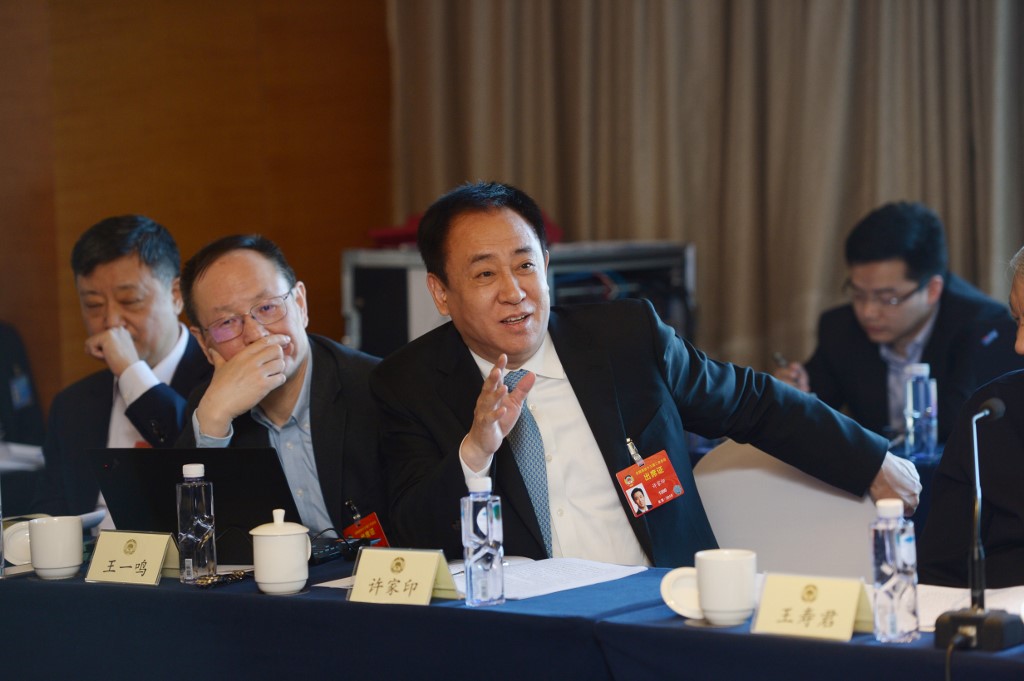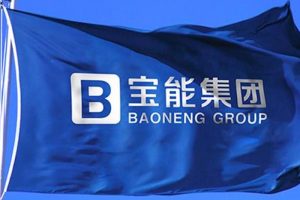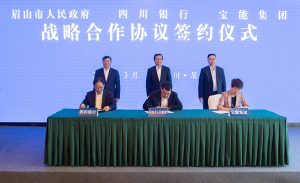(ATF) While a surge in Tesla stocks has driven extraordinary volumes in US-listed shares of Chinese electric vehicle makers Nio, XPeng and Li Auto, China’s state planner has told local governments to investigate new energy vehicle (NEV) projects linked to property developers Evergrande Group and Shenzhen Baoneng.
The National Development and Reform Commission (NDRC) asked local officials to report the construction and production details of NEV projects in their respective regions.
The NDRC wants to curb the chaotic emergence of new energy vehicle projects, according to a document issued by the NDRC that was republished by Chinese media outlets.
The document, dated November 13, asked specifically for the details of all automotive projects that Evergrande and Baoneng have put money into since 2017, including those that have been approved or filed but have not yet started.
Details on land use, construction items, project progress, and investment status should be reported, it said.
A deadline of November 18 was given to the local officials.
The document appears reliable because the Development and Reform Commission in Anshun city in western Guizhou province said in an update on its website last Friday that it was answering the NDRC’s call to investigate into NEV projects. It did not mention Evergrande or Baoneng in its update.
Evergrande New Energy Vehicle’s shares in Hong Kong fell 7% on Wednesday, compared with a small gain for the broader benchmark index.
Evergrande is China’s number two property developer, but it has been under enormous pressure in recent months because of its massive debts, which reportedly totalled about $120 billion.
Most Evergrande plants ’empty’
In the meantime, a social media channel “LatePost” published an article titled “Evergrande’s Bizarre Story of Car-making” on Monday, which said most of the plants in Evergrande’s production base in Nansha district of Guangzhou city were empty though the base had been described and being in full operation.
Vehicles and body shells on the production line were the NEVS 93 model transported from the Tianjin plant of NEVS, a carmaker acquired by Evergrande, it said. The article was later deleted by the poster.
Evergrande, which announced in 2018 that it would enter the NEV industry, has boasted that it would produce 1 million cars per year in the next three to five years.
It purchased 11.3 million square meters of land for its NEV project but only about half can be used for industrial purposes. The remaining land is designated for residential, commercial or office building.
Meanwhile, Shenzhen Baoneng, which started its NEV projects even earlier by taking over debt-laden carmaker Qoros in 2017, has also received millions of square meters of land but was only able to launch its first electric vehicle this month, which came off its self-developed xEV product platform.
The Baoneng Group (Baoneng Investment Group Co Ltd) is a property and financial services conglomerate controlled by Chinese billionaire Yao Zhenhua, who was rated as China’s 52nd-wealthiest person, as of August 2020. The Baoneng Group has about 40 companies in real estate, logistics, microfinance, education, healthcare, plus more than 40 shopping malls spread across the country.
China released a plan this year for NEVs to account for 20% of all new auto sales in the country by 2025.
Industry professionals say the target was lowered from a previously proposed target of 25% in a strategic shift to focus on core technologies and infrastructure, or a focus on “quality over quantity”.






















